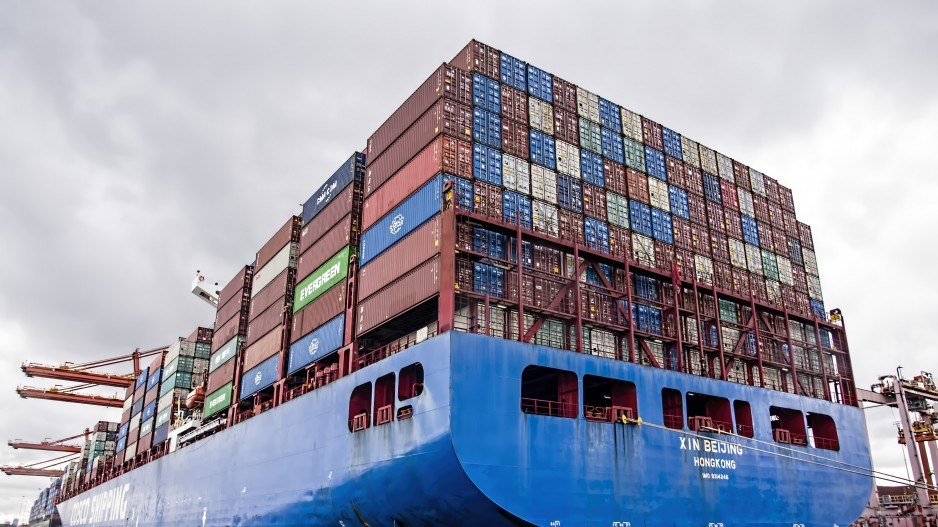The immediate concerns for both sides in B.C.’s recently settled port strike were significant, but the future concerns for B.C.’s Asia-Pacific Gateway from the damage done by the labour dispute are far more significant.
The tentative four-year deal reached on July 13 between International Longshore & Warehouse Union Canada’s (ILWU) and the BC Maritime Employers Association (BCMEA) under the looming spectre of federal government back-to-work legislation is good news for every business in Canada that depends on a fully functional Asia-Pacific Gateway.
But the larger picture here today and tomorrow is how the transpacific supply chain reacts to the disruption, delay and costs resulting from the inability of the ILWU and the BCMEA to negotiate a new long-term collective agreement without shutting down B.C.’s containerized maritime cargo movement for two weeks in 2023 and holding $9.7 billion in trade hostage.
That reaction will be bad for B.C. business.
It will be bad for business far beyond the ILWU-BCMEA bargaining table because ocean carriers and their customers do not care about the short-term issues at stake for B.C.’s maritime employers or employees.
They care about moving boxes.
And that movement depends on supply chain predictability and reliability.
The continued migration of transpacific container cargo away from West Coast North America ports to competitors on the continent’s east and gulf coasts illustrates the vulnerability of that business to mediocre performance.
Reliability and consistency are hard won and easily lost.
The amount of damage that has been done in dollar terms in the short term to those key business attributes for B.C.’s ports has already been calculated.
But the damage done in the long term to their business prospects and the future growth of Canada’s Asia-Pacific Gateway will be far more difficult to assess and far more costly to more than the ILWU and the BCMEA.




